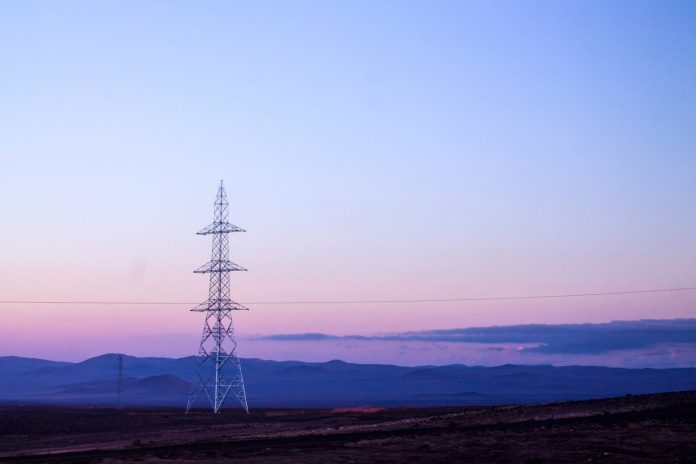The US’ Federal Energy Regulatory Commission (FERC) has issued a Notice of Proposed Rulemaking (NOPR) that aims to address transmission grid planning and cost allocation issues in order to open up access to more renewable energy projects.
It is an attempt to address the shortcomings of the US’ transmission system that was not intended to handle the size of current loads and the level of renewable penetration, with nearly 1TW of renewables currently waiting in US interconnection queues.
Under the proposed changes to Regional Transmission Planning, transmission providers would be required to conduct regional transmission planning on a sufficiently long-term, forward-looking basis to meet transmission needs driven by changes in the resource mix and demand.
They will also be required to identify transmission needs through multiple long-term scenarios that incorporate a minimum set of factors, such as different regional laws and regulations, trends in technology and fuel costs, resource retirements, generator interconnection requests and withdrawals and extreme weather events.
On top of this, they will need to consider a broader set of benefits of regional transmission facilities to meet these long-term transmission needs for the purposes of selection and cost allocation as well as establishing transparent and fair criteria that aims to maximise benefits to consumers over time without over-building transmission facilities.
Meanwhile, FERC has also proposed changes to Regional Transmission Cost Allocation, with transmission providers expected to seek the agreement of relevant state entities regarding the cost allocation for transmission facilities and establish an before the event cost allocation method for transmission facilities.
They will also need to set up a cost allocation method for transmission that complies with the existing six Order No. 1000 regional cost allocation principles, intended to promote electric transmission competition as a national policy. FERC has now proposed to amend the Order to “permit the exercise of a federal rights of first refusal for transmission facilities”.
On the whole, US solar trade bodies welcomed the proposed rules changes. Solar Energy Industries Association’s (SEIA) vice president of state and regulatory affairs, Sean Gallagher, calling the proposal the “critical next step to encourage the significant transmission system upgrades that we need to bring more renewable energy projects online”.
Gallagher said lack of access to high-voltage transmission lines “continues to be a roadblock” for the delivery of clean energy, with SEIA and other organisations repeatedly calling for reforms.
“When these Grid Enhancing Technologies are used, they will enable gigawatts of new energy resources to interconnect to the grid”
“SEIA will advocate for several important items during this process, including giving more voice to independent power producers and expanding the factors considered during transmission planning to account for all the benefits that clean energy offers,” he said.
The WATT Coalition said the proposal had the potential to solve “the most pressing problems for America’s grid” and that, crucially, it “requires dynamic line ratings and advanced power flow control devices to be included in regional transmission planning”.
“When these Grid Enhancing Technologies are used, they will enable gigawatts of new energy resources to interconnect to the grid,” said Ted Bloch-Rubin, WATT Coalition chair.
The Electricity Transmission Competition Coalition (ETCC), however, said it needed to carefully review the NOPR, suggesting that it was not clear whether the NOPR is consistent with President Biden’s Executive Order on Promoting Competition in the American Economy.
“An in-depth review of transmission cost mitigation and, subsequently, further Commission action to address rapidly increasing transmission costs through, among other things, nation-wide deployment of transmission competition is necessary to ensure just and reasonable transmission rates,” said ETCC chair Paul Cicio.
Of “particular concern” was the proposed amendment to Order No. 1000 to permit federal rights of first refusal, which Cicio said “have only served to protect incumbent transmission owners and their ability to charge higher rates”, citing research that showed only 3% of current transmission projects are subject to competition.
“FERC should not only hold its ground on eliminating a federal rights of first refusal, but also take steps to get rid of state level rights of first refusal,” added Cicio.
FERC proposes sweeping transmission reforms as it seeks to expand renewable access
The proposed rule would requires TSOs to produce long-terms strategies to meet future transmission and energy needs.
Source:PVTECH






